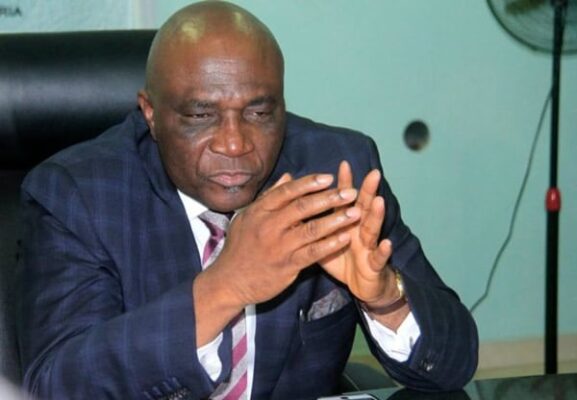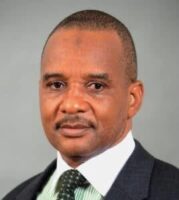Bayo Onanuga, Special Adviser to President Bola Tinubu on Information and Strategy, has defended the president’s decision to amend the recent presidential pardon list, describing it as an act of courage and accountability rather than a display of weakness.
On Wednesday, President Tinubu ordered the removal of individuals convicted of serious crimes, including kidnapping, drug trafficking, human trafficking, fraud, and unlawful possession of firearms, from the list of beneficiaries under the federal government’s prerogative of mercy.
Earlier, on October 11, Tinubu had granted presidential pardons and other forms of clemency to 175 individuals following the approval of the Council of State.
Among the initial beneficiaries was Maryam Sanda, who had been sentenced to death for the 2017 murder of her husband, Bilyamin Mohammed Bello.
Following widespread public backlash, the president rescinded Sanda’s full pardon and instead commuted her death sentence to 12 years in prison.
Speaking on Prime Time, an Arise Television programme, on Thursday, Onanuga said Nigerians should view the president’s decision to revise the list as evidence of a responsive and reflective leadership style.
“What Nigerians ought to have seen now is that this president is not one that is afraid to reverse himself if he feels like he’s made some error,” Onanuga said.
He added that President Tinubu remains open to public feedback and committed to correcting mistakes when necessary.
Read Also
“He’s a human being. He can make mistakes. He listens to the public. This is a president who wakes up in the morning to read all Nigerian newspapers and to watch the TV and knows what’s going on.”
READ ALSO: UPDATED: Tinubu Reviews Pardon List, Removes Sanda, Others With Capital Offences
Onanuga insisted that Tinubu’s willingness to review and adjust his own decisions should be interpreted as a show of leadership maturity.
“It’s a matter of strength for you to do something, appraise it and make some adjustments,” he stated.
Responding to the controversy surrounding Maryam Sanda’s case, Onanuga acknowledged that her inclusion in the original list sparked most of the public criticism.
“Most of the criticisms were coming from the case of Maryam Sanda, whom the court found guilty and sentenced to death for killing her husband,” he said.
He further clarified that while the revised list excluded certain categories of offenders, some individuals convicted of drug-related offences still benefited from the president’s clemency.
“As to whether the president freed drug convicts, even the second list contains some drug offenders who were also given clemency,” he explained.
The review of the pardon list marks one of the instances in which President Tinubu has publicly reversed a major policy decision in response to public sentiment — a move his aides describe as evidence of a government willing to “listen, learn, and lead with humility.”





